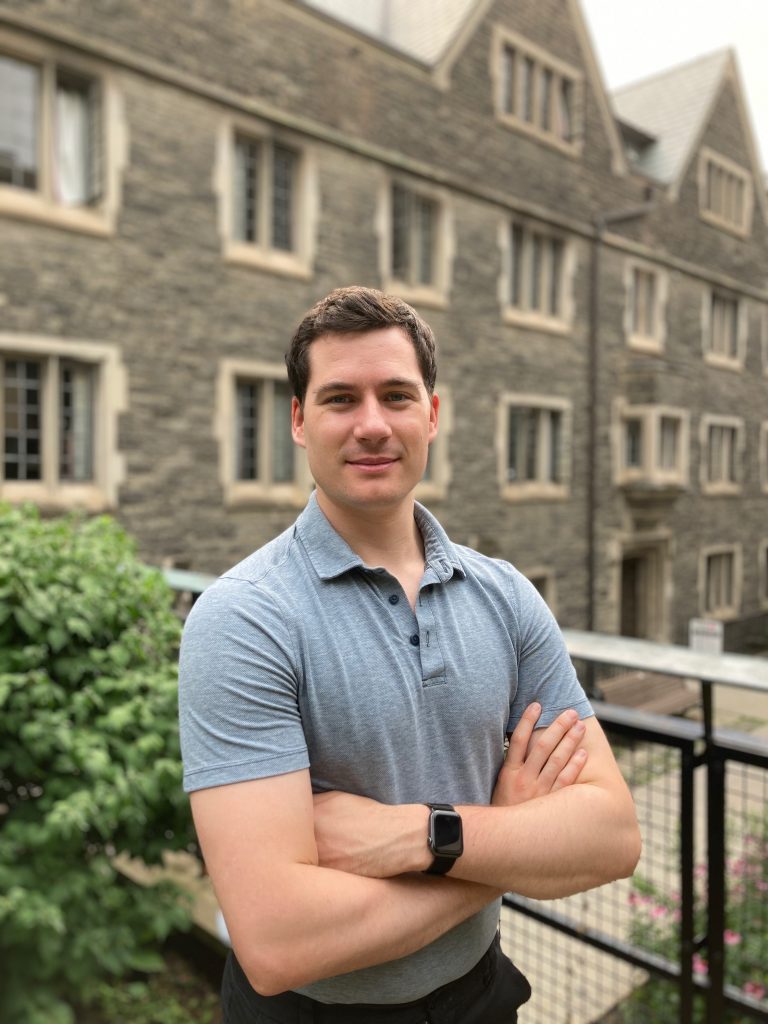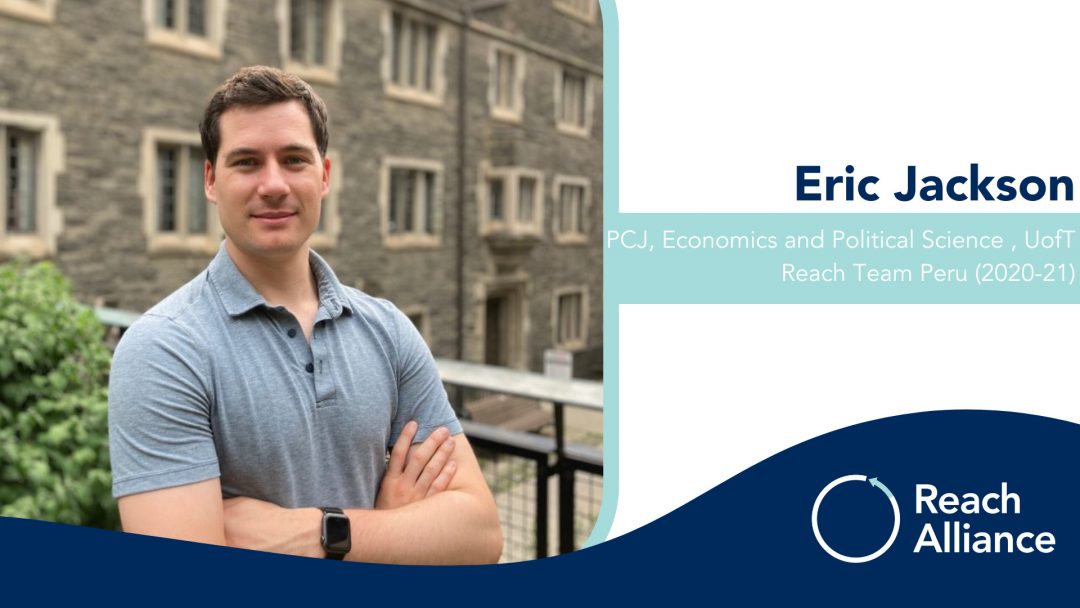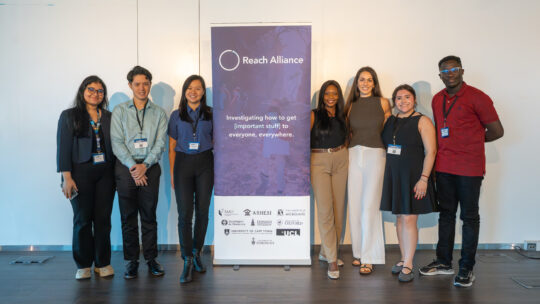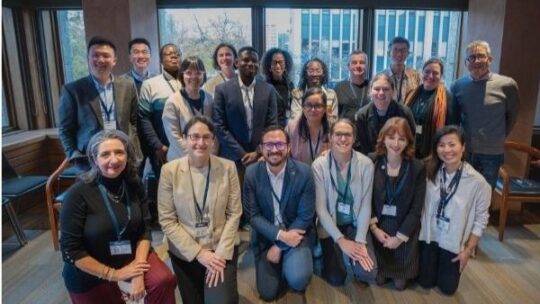News: Alumni, Latest News
Meet Eric Jackson of Team Peru 2020-21: Lessons from Telecommunications Service in Peru


Meet Eric Jackson (H.B.A PCJ, Economics, and Political Science) from Team Peru
Since Reach, you interned at Deloitte as an Analyst in their Future of Canada Centre and are now an International Presidential Fellow at the Centre for the Study of the Presidency & Congress. Can you tell us more about the work you’ve been involved?
The Future of Canada Centre is Deloitte Canada’s public policy think tank examining ways to spur on greater economic growth and innovation. I explored topics in immigration, cyber security, business development, and digital transformation, particularly focused on small and medium sized businesses. I was selected as one of two undergraduate students from the Munk School to represent U of T as an International Presidential Fellow. I will research the impact of U.S. foreign policy, particularly its military interventionism, on domestic security of its citizens. In March, I will fly down to Washington D.C. to participate in a leadership conference.
How did your experience in Reach inform your career path [e.g., your case study focused on the lessons from telecommunications service in Peru- how (if at all) did this impact you seeking an opportunity after graduating?
Reach taught me the value of private-sector actors in the development and implementation of public goods – creating a desire to work at the intersection of the public and private sectors. After graduating, I’ll be starting as a Consultant in Deloitte’s Public Sector Transformation practice where I’ll work with public sector clients to optimize the delivery and implementation of public services to Canadians.
What takeaways or skills [personal or professional] did you gain from your Reach experience that you are applying to your work or study?
Reach taught me the value of storytelling. If your target audience isn’t excited by what you have to say, they won’t understand or care about your ideas. One of the great things about Reach is that we become subject-matter experts in our chosen research. But becoming an expert based on the literature review and interviews is, ironically, the easy part; becoming an expert that can explain the story to anyone is a challenging, yet extremely rewarding, skill Reach develops in its researchers.
What is your fondest memory from your experience in Reach?
The 2021-22 Research Symposium was the highlight of my experience. I was fortunate to be a part of a student panel moderated by Professor Joe Wong where we discussed the key takeaways of our research and future opportunities for global innovation in reaching the hardest to reach. It was inspiring to be a part of such a talent group of young professionals who will be leaders in their fields.
What tips or words of encouragement would you give to someone who is interested in applying to the Reach initiative?
One word – apply. If you are like me, who had no academic or professional research experience when I applied, don’t take yourself out of consideration just because you think you won’t make the cut. Your life experience contributes a unique perspective that will be beneficial to any research team. Be yourself and tell your story.
This month, you will be speaking at the first ever Reach Researcher Conference! Can you share a little about what you will be discussing and what you are most excited about?
I will be one of the alumni supporting the REB workshop where we’ll help the new cohort walk through their initial ethics approval applications – hoping for them to have a smoother process after learning from our mistakes. I’m excited to learn more about the new research being explored in this year’s cohort.


